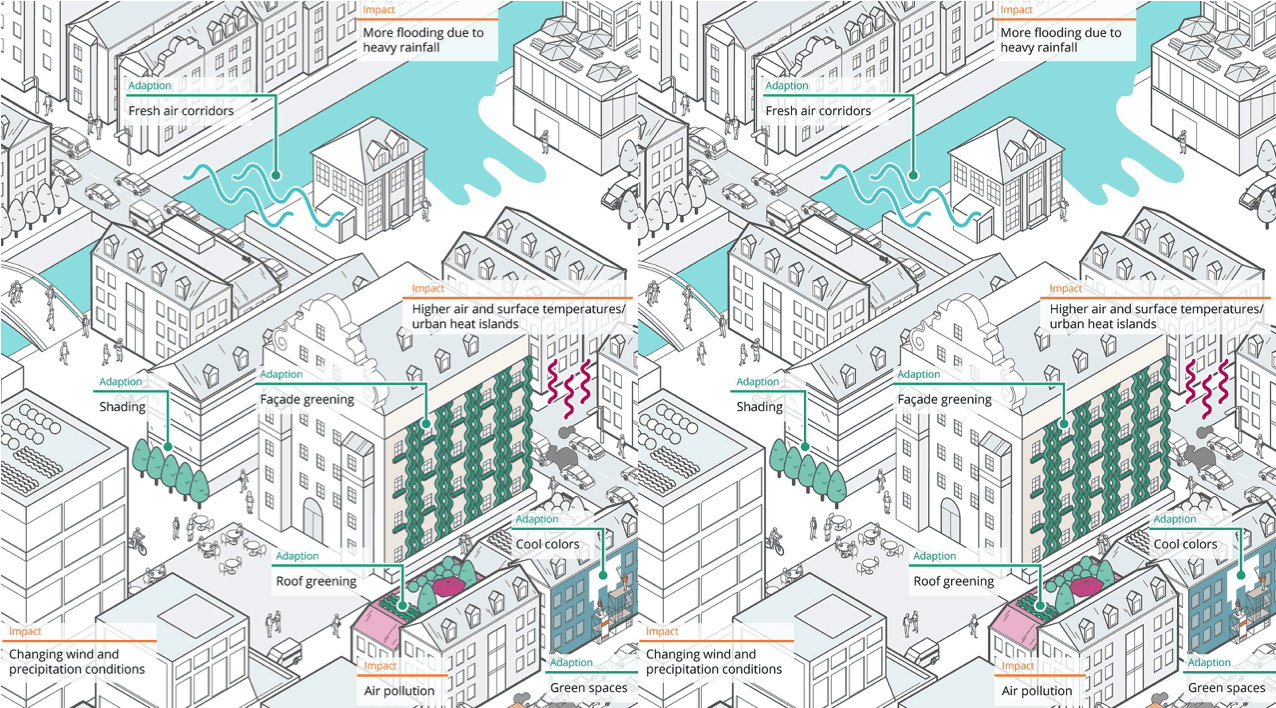
It’s easy to look towards the sky on a clear night and imagine an infinite and disorganized expanse of galaxies and rock. Putting order to such an unimaginably large space would be a daunting task for anyone, but a small German start-up has set out its mission to do just that.
Okapi: Orbits tries to accomplish the unimaginable by extending networks of data available on Earth to map out all traffic floating far above our heads. Geared towards a range of different space-focused customers, the software it has developed brings together open-source and private data to allow precise tracking of satellites, sensors, and other objects flying around above us.
The beginning of a start-up
The company’s chief executive Kristina Nikolaus opened up about Okapi: Orbits’ story in a conversation that, much like space, spanned the past, present, and future. It’s a very typical beginning for a start-up, she explains over our Zoom call, saying that the company was co-founded by her colleagues who were PhD students at the time.
Their interest culminated in a single challenge: how to fuse observational data made up of varying data sources, often incompatible and tailored to different purposes, and accurate climate forecasting to better anticipate the movements that might occur in space.

With her academic background in management and computer science, shaped through roles at Mercedes-Benz and Siemens, the business instincts come quickly to Nikolaus. “When the four of us started off properly, we thought about how to commercialize all this,” she says.
A challenge built up over time
But where is this market that stimulated Kristina and her team’s interest? A by-product of the space exploration boom that began at the midway mark of the 20th Century has been the accumulation of space debris from various objects. Estimations by the European Space Agency (ESA) suggest that around 12 accidental fragmentations – events in which debris is created in space either due to collisions, explosions, electrical problems, or even just detachments – have occurred over the last two decades.
A prominent incident Nikolaus points to is the 2009 collision between two communication satellites – the Iridium 33 and the Kosmos 2251 – which marked the first time a hypervelocity collision occurred between two satellites. Citing this incident, she emphasizes the costly nature of accidents.
Nikolaus says: “In most cases, the satellite is gone forever. In terms of actual monetary amounts lost, it can depend how much the satellites cost. I think the cheapest are around 200K – for the really small ones – and the standard ones are between 2-10 million.”
However, she adds that “the bigger they [satellites] get the less crucial is the impact. In most cases they have more shielding, for example, the weather and the TV satellites are bigger than observation satellites.”
“But what is often not considered is the launch cost, which is also a really high price fluctuation.”
Turning back to the 2009 collision, she says that much of the stray debris still floating around in space comes from this incident, underlining the lasting consequences.

A product with several purposes in mind
With more than 50 customers already using the software, Okapi: Orbits’ space management software is aimed at helping satellites reduce maneuvers, limiting downtime, and saving fuel. Whatever the asset is used for high above, their tool is meant to aid the longevity of human-made objects high above.
The company relies on a partner network to find its data, including telescopic data, laser-ranging data, and orbit tracking data. “We’re putting information together and extracting a holistic overview, and this is the basis of our services which help satellite operators, micro launchers, or sensor operators to help calibrate their operations.”
More data, more responsibility
When dealing with so much data, it’s natural to begin asking about data security. Nikolaus confirms that this is a priority area for Okapi: Orbits, rooted heavily in the verification of information. “This is a key thing we’re working on really closely. What we do is double-check, we check with our suppliers, we check the data for validities with our own trackings”, she says.
“Attacks could happen everywhere and especially in space as it becomes more political,” she clarifies before confirming, “This is of course an industry of big interest.”
Looking to the future
As their product gains greater popularity, Okapi: Orbits has its eye on, beyond rudimentary expansion, understanding more about space traffic management. Nikolaus explains that full coordination capabilities are being expanded for data suppliers to ensure that strict guidelines on tracking can be complied with in space.
The protection of incredibly valuable space assets appears as an industry on the march, and for her, there is no shortage of target markets on the horizon. “We’re very focused on Europe, but we’re looking towards the US and emerging markets. The Middle East is interesting. All the emerging spaces that are politically stable enough and easy enough to trade to deliver services to,” Nikolaus says.








